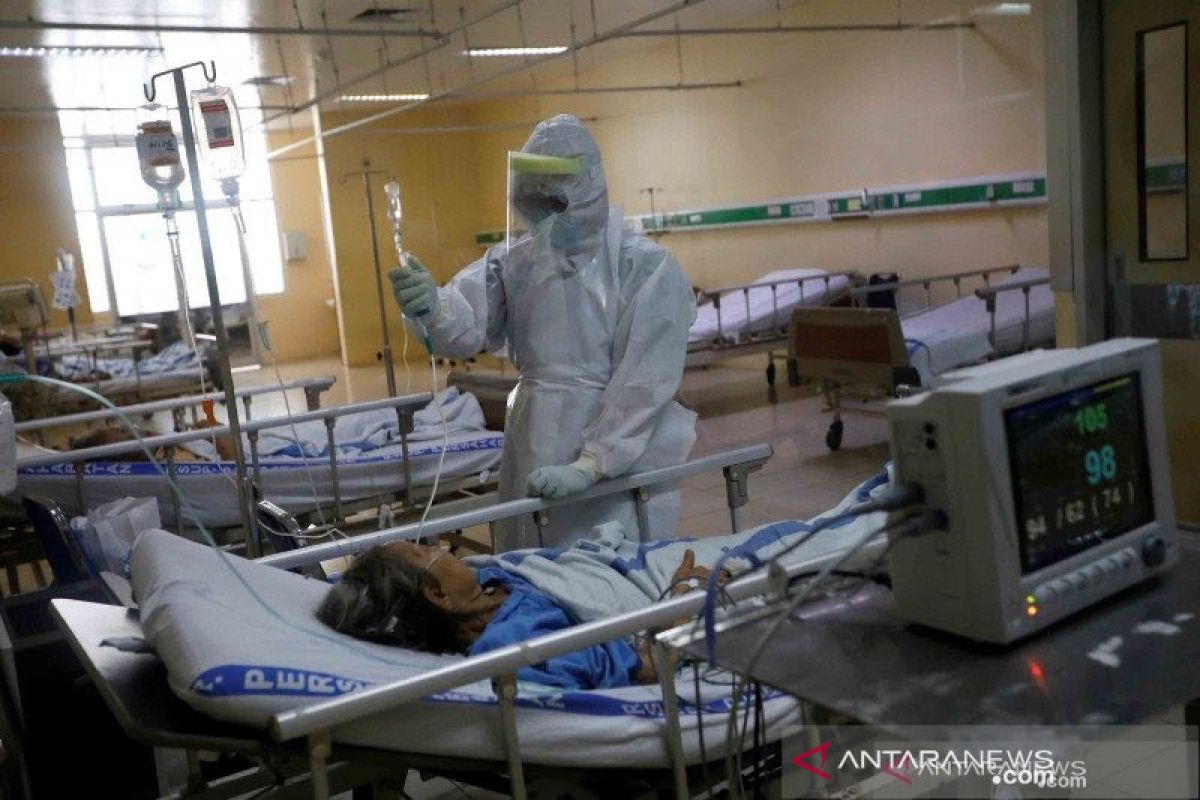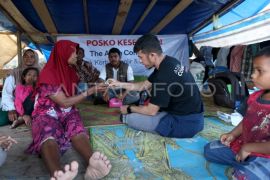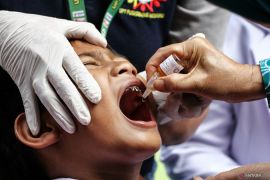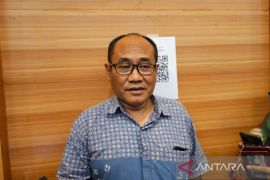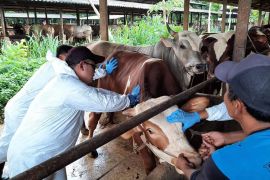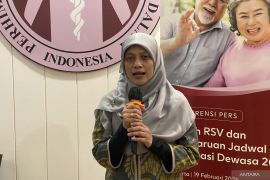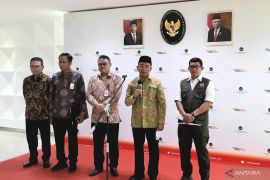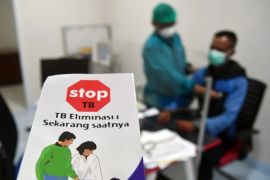"The preparations for providing referral hospitals is one of the government's strategies to deal with the threat of a third wave of COVID-19," Health Ministry's spokesperson, Siti Nadia Tarmizi, noted in Jakarta, Thursday.
"Oxygen availability is also continuously ensured," she affirmed.
A shortage of medical oxygen was experienced to support the treatment of patients when the second wave of COVID-19 hit Indonesia in July 2021.
Nadia explained that the government will set aside 30-40 percent of patient beds in hospitals to treat COVID-19 patients and prepare oxygen supplies and other medical devices to deal with a likely spike in COVID-19 cases.
The government has also readied community health centers (Puskesmas) to support the handling of COVID-19 patients.
The government is additionally readying reserve health workers to deal with the likelihood of a surge in COVID-19 patients at health facilities.
"The current health workers are sufficient. We already have a list of health workers," she stated.
"We are deploying backup health workers along with tightening entry requirements of hospitals and the use of centralized isolation," she noted.
Related news: Greater vaccination coverage can prevent COVID-19 third wave: expert
Efforts to prevent and control COVID-19 are still being made, including the enforcement of health protocols; tracking, examining, and handling cases of coronavirus infections; and vaccinations.
The government is striving to detect cases of infection early on by intensifying the tracking and examination of people that have come in close contact with COVID-19 sufferers, Nadia remarked.
The Ministry of Education, Culture, Research, and Technology is encouraging random COVID-19 testing to prevent the emergence of COVID-19 clusters in schools.
"The Ministry of Education, Culture, Research, and Technology is working with the Ministry of Health and the COVID-19 Handling Task Force to increase random testing in schools," acting head of the public relations and cooperation bureau of the ministry, Anang Ristanto, earlier stated here on Wednesday.
Random testing is being conducted to prevent transmission or the surfacing of school clusters, he noted. In addition, Ristanto pressed for strict monitoring of the implementation of health protocols in schools.
Arie Senta, the head of partnership of SehatQ, a digital healthcare provider startup, affirmed that his company fully supports the implementation of random testing for preventing school clusters. In addition, Senta said that it fully supports the government's decision to reduce the price of PCR tests that are getting more affordable for the wider community.
Related news: Beware of COVID-19 transmission ahead of year end: Jakarta official
Translator: Andi F, Azis Kurmala
Editor: Suharto
Copyright © ANTARA 2021
